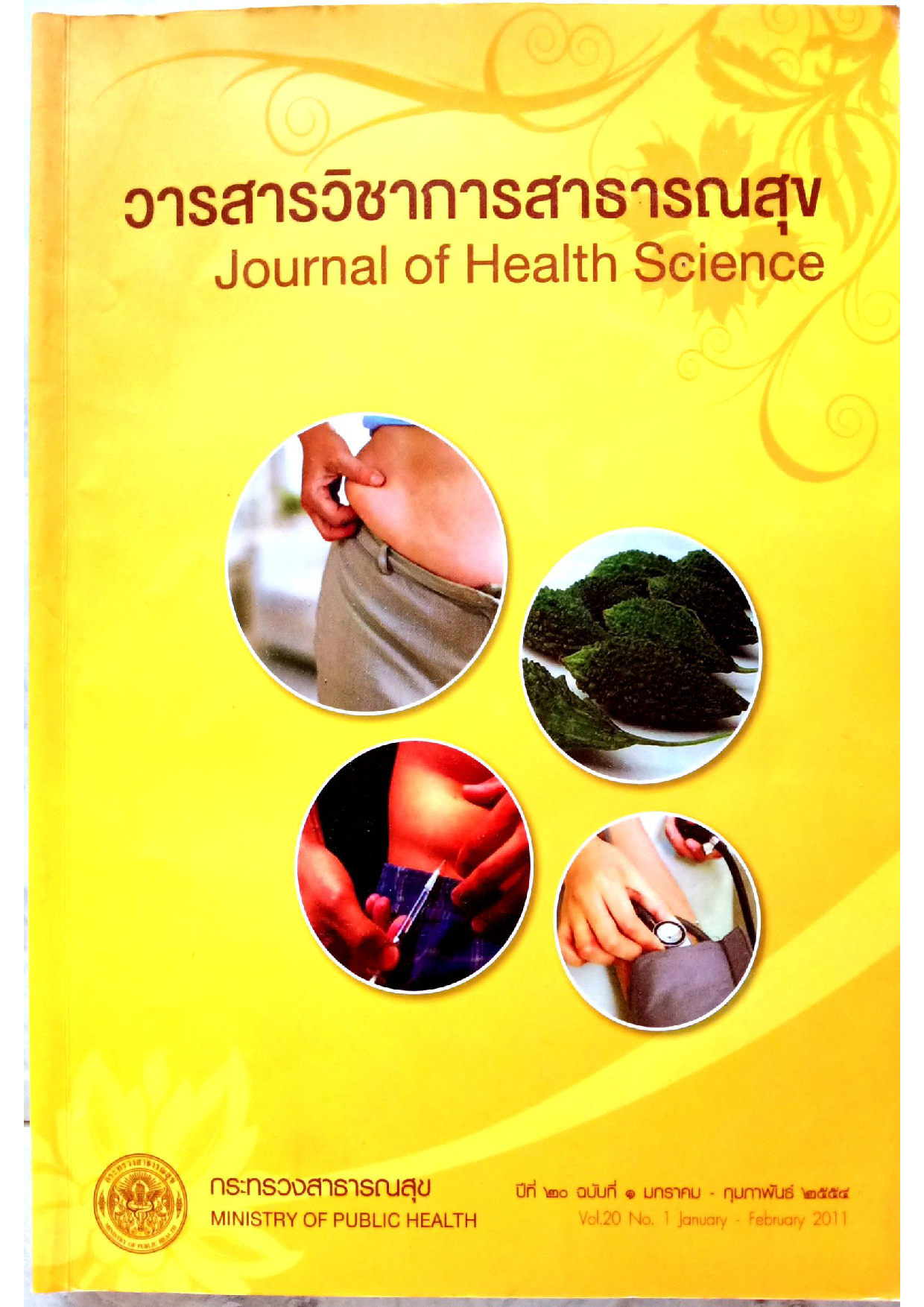Relationship between the Balance and Mobility in Stroke Rehabilitation Patients
Keywords:
stroke, Berg Balance Scale (BBS), Barthel Index (BI)Abstract
Stroke survivors might develop multiple impairment and disabilities; for example motor deficits difficulties in activities of daily living, mobility, balance, and walking problems. The purpose of the prospective study was to study the relationship between the balance and mobility in stroke rehabilitation patients. Thirty-two stroke patients were enrolled; the Berg Balance Scale (BBS) and Barthel Index (BI) were used to assess patients on the admission and at the time of discharge from the rehabilitation program. There was very strong statistical correlation between the BBS on admission and the BI on admission (r 0.93, p <0.01). The BBS on admission was also highly correlated with the BI at the time of discharge (r 0.85, p <0.01). The mobility subscale of the BI on admission and at the time of discharge showed correlation (p <0.01) with the BBS on admission (r 0.90, 0.80, respectively). The stairs subscale of the BI on admission and at the time of discharge had correlation (p<0.01) with the BBS on admission (r 0.66,10.77, respectively). The associations among gain of the BBS with gain of BI (total scorer 0.69, p < 0.01 and mobility score r 0.70; p < 0.01) were moderate. There was poor correlation between gain of the BBS and stairs score. It was concluded that the balance ability was highly correlated with the mobility. The results of this study would be the basic data for further studies about balance and falling in stroke patients.
Downloads
Downloads
Published
How to Cite
Issue
Section
License
Copyright (c) 2011 Ministry of Public Health

This work is licensed under a Creative Commons Attribution-NonCommercial-NoDerivatives 4.0 International License.







